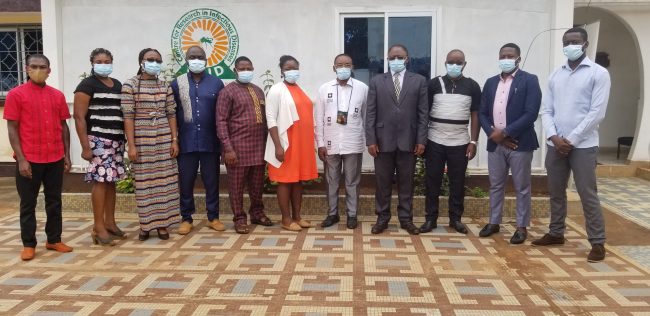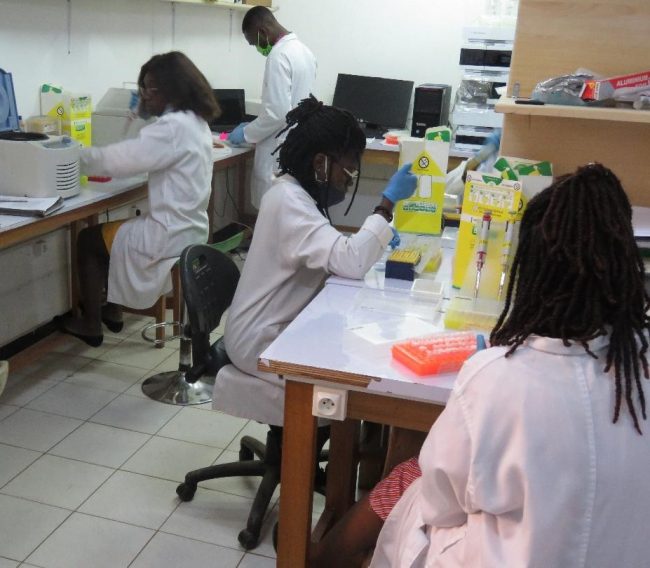6 boursiers signent des contrats de 8 à 9 millions Fcfa chacun
CRID-PIIVeC Sur les 12 projets présélectionnés, 6 seulement ont été retenus au cours du 4ème comité consultatif qui s’est tenu le 25 janvier dernier. Ce 12 mars 2021, les heureux élus ont signé leurs contrats d’engagement. Tout s’est déroulé dans la salle de conférence du CRID ; au cours d’une cérémonie présidée par le…


